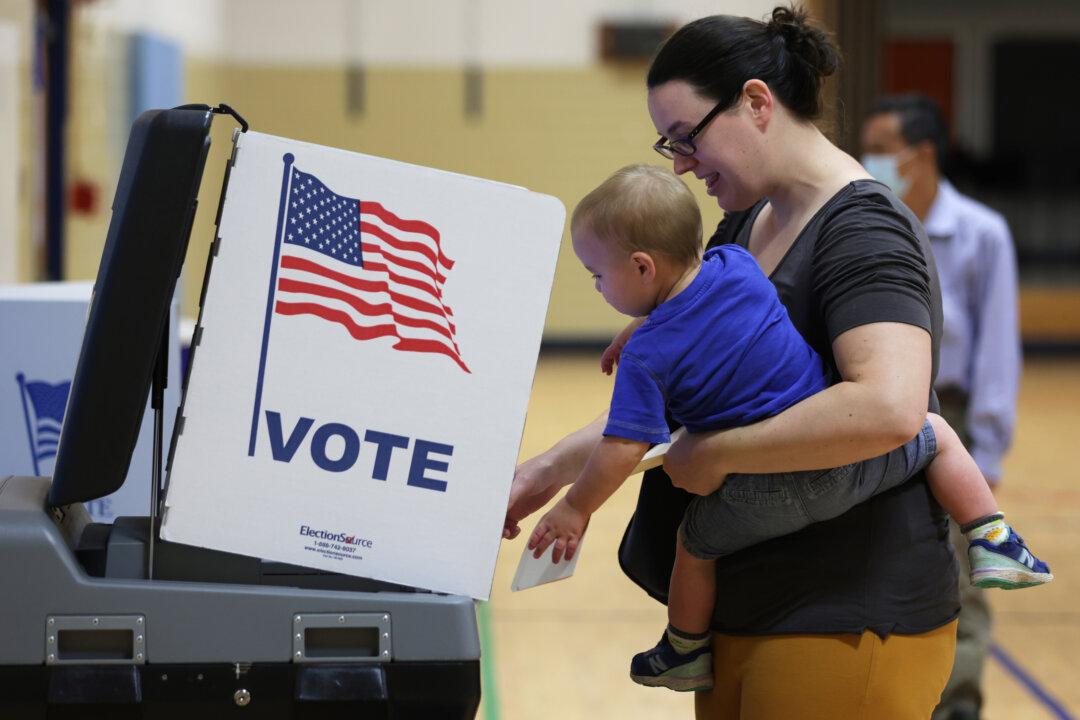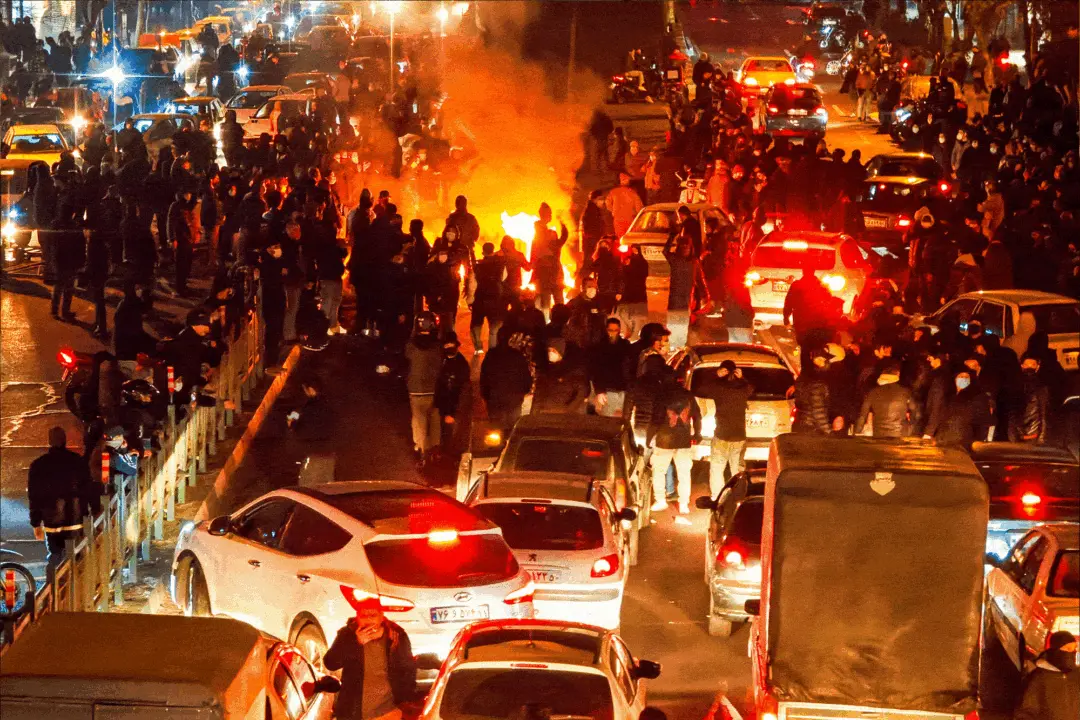Grassroots election integrity efforts have risen to a new level for this year’s midterms.
With more than 4,500 poll watchers and election workers trained, the 2021 Virginia gubernatorial election integrity pilot program was a success, according to the Virginia Fair Election Coalition (VFE), a consortium of more than 20 mostly conservative nonprofits.




